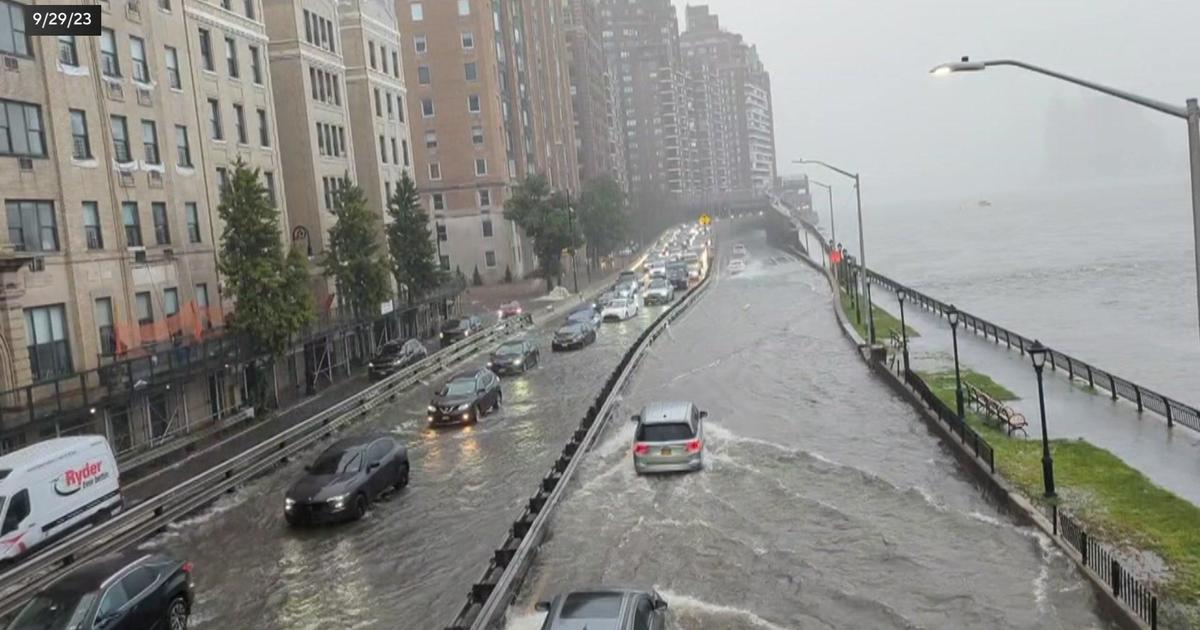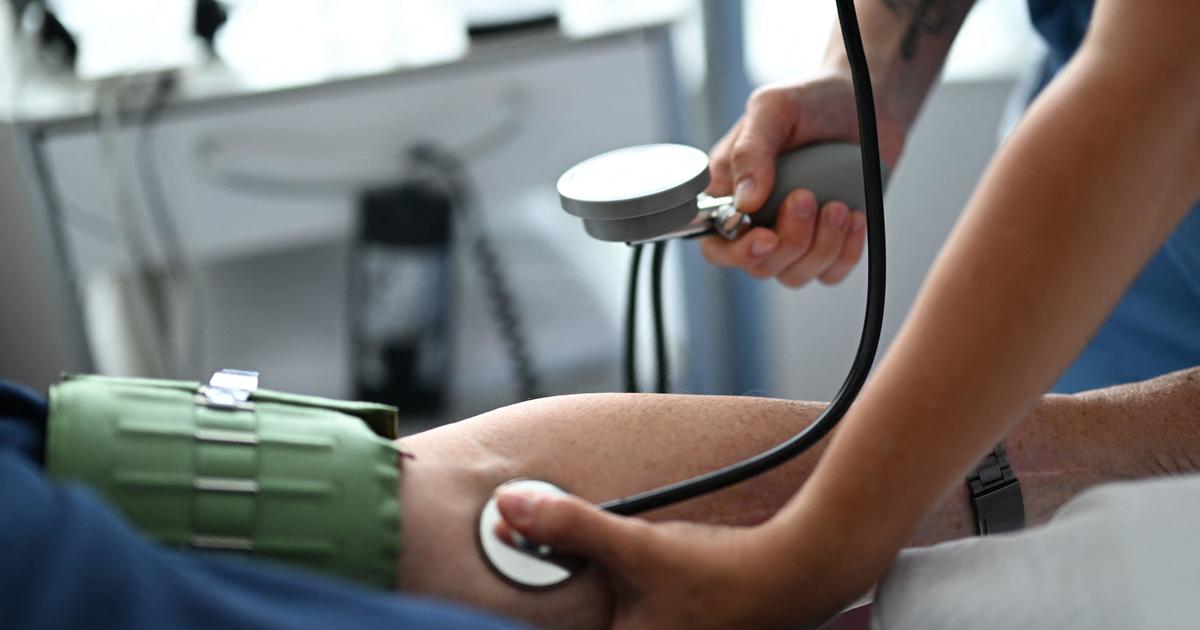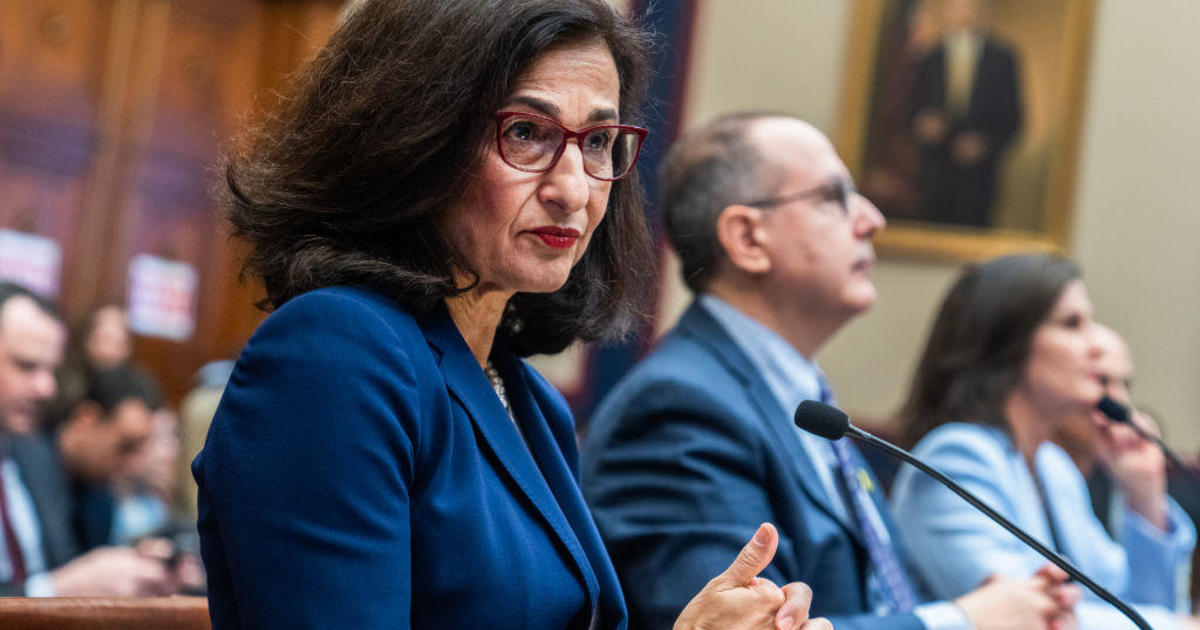Consumer: Debunking Myths About Going 'Green'
NEW YORK (CBS) ― More and more Americans are incorporating "green" elements into their daily lives, but myths about what's really eco-friendly are misleading some people.
Now, one New York City company is trying to separate green facts from green fiction.
Car or plane? Paper or plastic? Do you know which options are greener when it comes to reducing your carbon footprint?
According to a new Web site, flying is greener than driving – at least in cases where you would be taking the long road trip by yourself.
When it comes to "paper or plastic," the choice should be neither. Most plastic products are petroleum-based, and while paper is better, it can create a lot of solid waste. Using your own reusable bags is the greenest choice.
"We offer 10 cents off for every reusable back you bring in," Tristam Coffin, a Green Mission Specialist at Whole Foods, says. "It doesn't have to be one of our bags. It doesn't even have to be a reusable bag, per se. It can be another plastic bag that you just want to reuse rather than throw in the garbage, where it's going to end up in a landfill."
Are you ready to give up your plastic milk jugs? Not so fast – that's one instance where plastic is preferred over paper.
"The production process involved in creating plastic jugs uses significantly less energy than that for paper," Tom Scaramellino, CEO of Efficiency 2.0, says.
Scaramellino's company developed ClimateCulture.com, a Web site that allows people to track – and reduce – their carbon footprint online. He says when it comes to appliances, most people think the greenest option is to avoid using them. However, that's not always the case.
If you don't compost your leftovers, it's greener to grind them up in the garbage disposal than to dump them into the trash, Scaramellino says, because the methane that's produced when food decays is processed better at wastewater treatment plants than landfills.
He also says people should feel free to ditch their dishwashing gloves, as for most people, manual dishwashing is wasteful.
"Most Americans, when they wash their dishes by hand, just have that hot water running the whole time," Scaramellino says. "If that's how you normally wash your dishes, you're much better off running a full load in your dishwasher."
The goal of Climate Culture is to get people thinking about things that contribute to climate change, so they had to debunk myths like the one that says buying local food is always the greenest option.
"Production process matters much more than the distance the food has to travel," Scaramellino says. "You should really start considering things like avoiding red meat, which is typically 150 percent more carbon-intensive than, say, most chicken products."
The folks at Climate Culture say debunking green myths is one way to let people know that, when it comes to going green, you have to do what works best for you.
(© MMX, CBS Broadcasting Inc. All Rights Reserved.)



